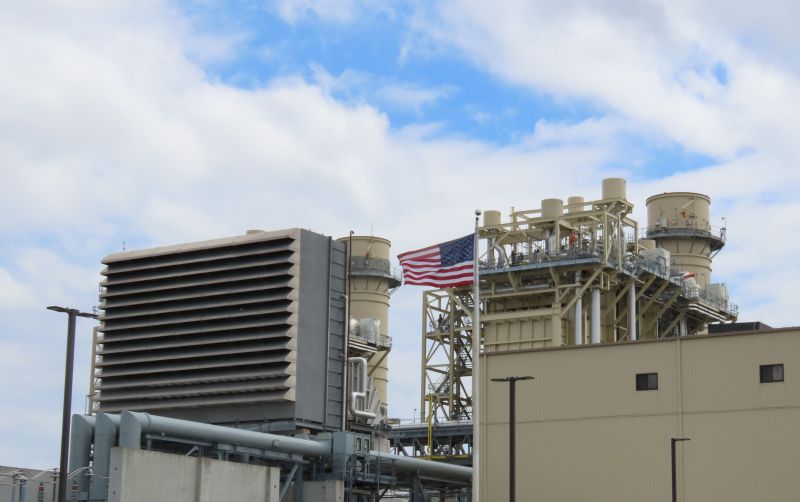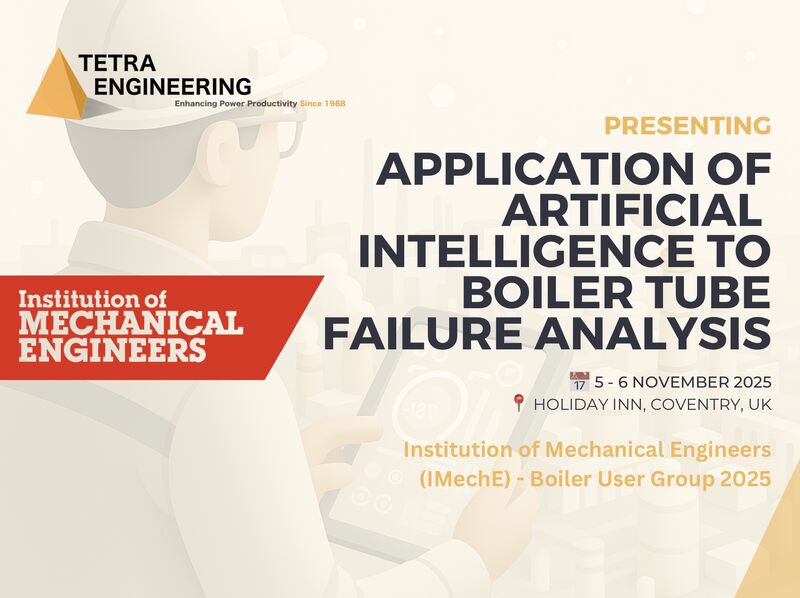Restez au courant de nos derniers articles de presse



Tetra Engineering is a engineering consultancy working in the power generation sector. We specialise in providing engineering and technical support to owners and operators of CCGT power plants, as well as other thermal plants. We have an office near Nice in France and our headquarters is in Connecticut, USA. We support projects worldwide and this includes hands-on fieldwork and back office engineering analysis...





We’re pleased to announce that our presentation on the “Application of Artificial Intelligence to Boiler Tube Failure Analysis” has been officially accepted for the upcoming Institution of Mechanical Engineers (IMechE) - Boiler User Group 2025.



Discover the opportunity to enhance your expertise in power plant operation, maintenance, and troubleshooting with our exclusive training sessions in the picturesque South of France. Led by seasoned industry professionals, these sessions offer practical knowledge, real-world solutions, and invaluable networking opportunities.



Sulfuric acid deposits in combustion and exhaust systems can silently damage equipment, reduce efficiency, and lead to costly downtime. Tetra Engineering’s advanced fouling assessment services identify the root causes of deposit formation and provide tailored solutions to keep your operations running smoothly. Protect your equipment, enhance efficiency, and ensure uninterrupted power generation with Tetra Engineering. Learn more today!



Duct burners operate in some of the most extreme environments, enduring hurricane-force winds and blistering temperatures round-the-clock. Inadequate or improperly engineered equipment often leads to issues such as failing or fractured on burners.



CFD analysis resolved a major performance issue at a natural gas plant. By identifying and correcting bypass flow in the HRSG, optimal steam and power output were restored. This showcases the effectiveness of CFD in solving complex industrial problems.



Grade 91 is a CSEF (creep strength enhanced ferritic) alloy introduced in the late 20th century for high temperature service in power boilers. ASME BPVC-II develops material properties based on time-to-rupture data after 100,000 hrs, with a safety factor of 3.5.


Consult our range of free resources